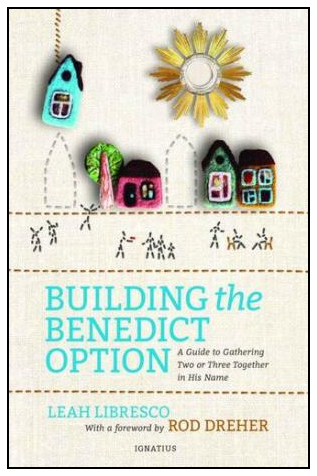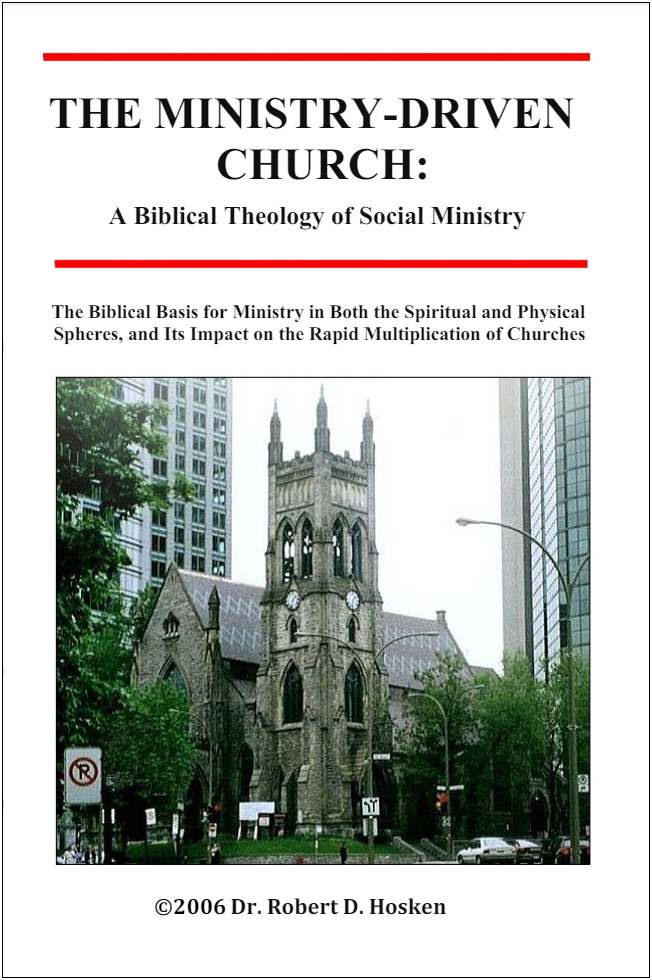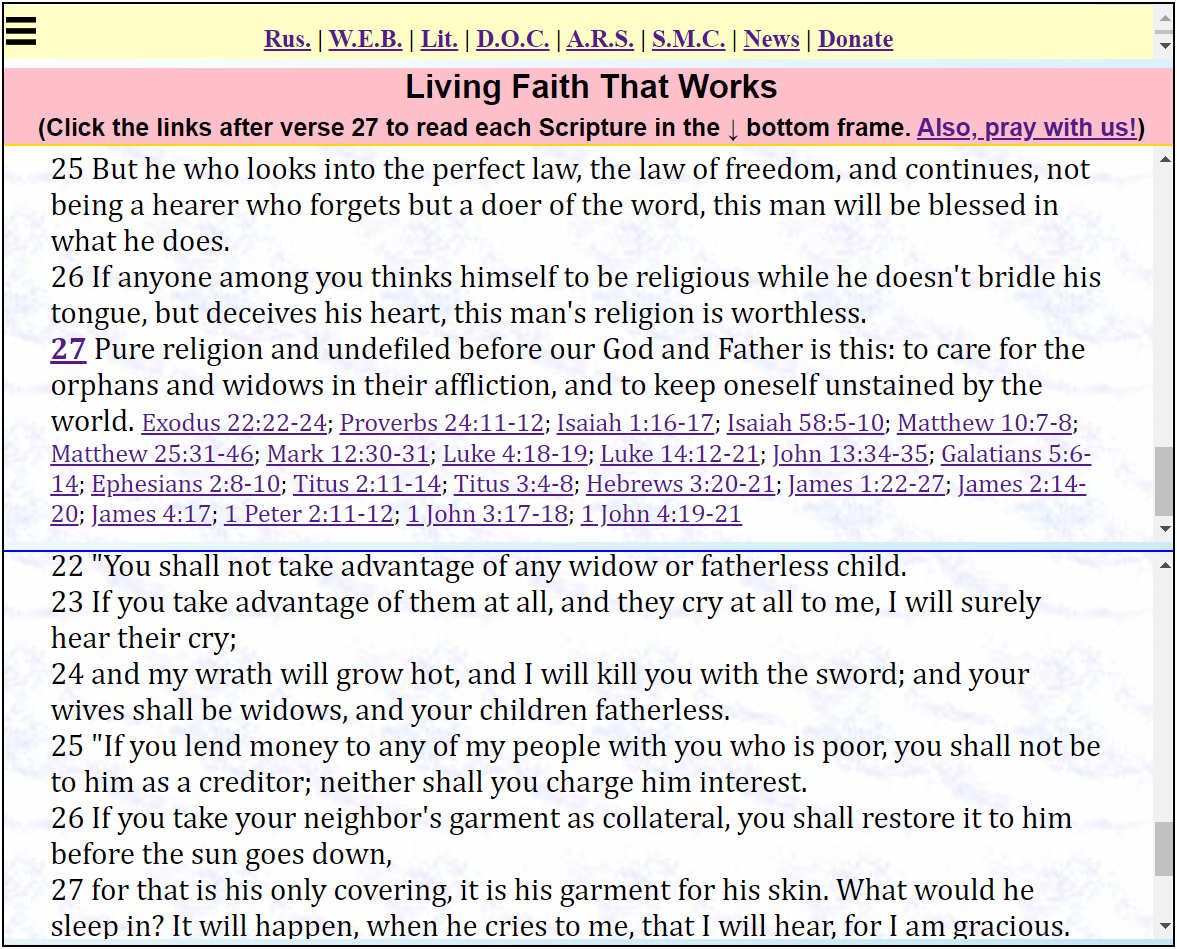HOW TO BUILD CHRISTIAN COMMUNITIES
 (Click the pic!) Last week I wrote a short article about Saint Benedict of Nursia and his rule for Christian communities, The Rule of St. Benedict. Click on the photo, and you'll see a whole list of literature – mostly free e-books and booklets – on this topic of how to build Christian communities. In addition to St. Benedict's Rule, you'll see Rod Dreher's book, The Benedict Option. Then in the section about Leah Libresco's book Building the Benedict Option it states: "This practical resource for finding peace, meaning and God, from the pen of St. Benedict, a sixth-century monk, can help guide your own spiritual journey. Many people today are realizing that the cultural focus on competition, success, acquisition and constant busyness is ultimately not satisfying. They hunger for a way of life that has more lasting value and deeper meaning."
(Click the pic!) Last week I wrote a short article about Saint Benedict of Nursia and his rule for Christian communities, The Rule of St. Benedict. Click on the photo, and you'll see a whole list of literature – mostly free e-books and booklets – on this topic of how to build Christian communities. In addition to St. Benedict's Rule, you'll see Rod Dreher's book, The Benedict Option. Then in the section about Leah Libresco's book Building the Benedict Option it states: "This practical resource for finding peace, meaning and God, from the pen of St. Benedict, a sixth-century monk, can help guide your own spiritual journey. Many people today are realizing that the cultural focus on competition, success, acquisition and constant busyness is ultimately not satisfying. They hunger for a way of life that has more lasting value and deeper meaning."
See the article "Building the New City – St. Basil's Social Vision", my booklet "Seek the Welfare of the City" and my article "Building the ARC", as well as several other books from my personal library. The article "Seek the Welfare of the City" cites instances of various Saints warning about not giving money, goods, or services unless you are able to ascertain that your donations are actually being used as you were told they would be. We are challenged by 1 John 3:17 – "But whoever has the world's goods, and sees his brother in need, and closes his heart of compassion against him, how does the love of God remain in him?" to be generous to those in need. But look carefully at the phrase "sees his brother in need" – if you can't actually see what the need is and how it will be met, then beware! It is likely that it would be misused.
Also, 2 Thes. 3:10 – "If anyone is not willing to work, neither let him eat." If those who appear to be needy refuse to work when they are able to, they should not depend on Christians or the state to feed and house them. The goal should be restoration to full physical, vocational, and spiritual health. "Community" is key: a community is a group of people who share the same value system, a group that is not so large that it's impossible to know all the members personally. Otherwise, on a city- or state- or nation-wide level it's too easy for people to "work the system."
Please read "Learning From Minnesota’s Somali Fraud Scandal." Nobel Prize-winning economist Milton Friedman stated that unlimited immigration is incompatible with a welfare state. Plato wrote – "Democracy can only survive until the people find their way to the public purse." I've worked as a job counselor in both secular and religious social service sectors: several times I've been told by people wanting help to write resumes that they just need to fill out and submit two job applications to show that "they're looking for work" so they can continue getting welfare checks. And I learned of at least two cases where jobless people were receiving unemployment benefits from two states: they would travel to a friend's place in a nearby state at whose address they'd register for benefits – "double dipping." Welfare fraud is rampant!
The Greek word for "community" is "koinonia" – it's also translated as "communion" as in the Eucharist, and as "fellowship" as in "church." So a group of like-minded genuine, honest Christians who are fully committed to serving Christ, can also build a place where they can live, worship, and serve in a community: "Commitment to Communion in a Community." That is what our Agape Restoration Communities are all about. so please take a few minutes to read my "Building the ARC" article... and share it!
You can read our whole newsletter at https://agape-restoration-society.org/ARC-News/a-n_2026-01-31.htm, and share it!





